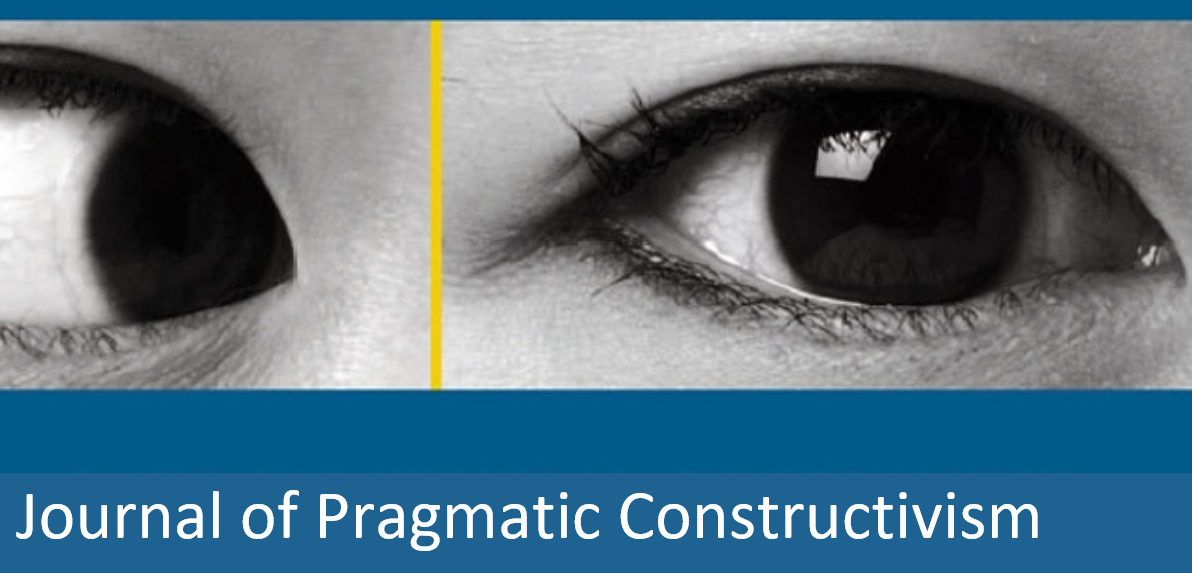How to Tell the Story?
On Story and Narrative in the Research Process – A pragmatic constructive approach
DOI:
https://doi.org/10.7146/jopracon.v11i1.127250Keywords:
Methodology, Case studies, NarrativeAbstract
Note: the paper has been updated 24 August 2021.
In this paper I investigate the problems of data collection, data analysis and the final communication of the results of our research, when doing social science that we, ourselves, are part of. Central to this are the concepts life world, language games and stories and narratives. How do we collect stories and narratives in the field, how do we construct scientific narratives that are both reliable and valid? And finally, how do we, as researchers present our newly constructed narrative to a – hopefully – interested audience? That is, how do you, as a consumer of scientific narratives, read what I have been writing? Finally, I will discuss the problem of handing over research results to the people that we are doing research with. This is all done within a framework of a pragmatic constructivist paradigm.
Downloads
Published
How to Cite
Issue
Section
License
Previous and future use of the work
Journal of Pragmatic Constructivism assumes the non-exclusive rights to publish and store the work of its authors, once they have consented to a publication. Since the rights to publish are non-exclusive, authors are free to further develop their work and to publish it in other media. Hence, it is explicitly allowed that works submitted to Journal of Pragmatic Constructivism may be published in a somehow similar, but further deveoped, form in other media. Yet, submitting authors warrant that the work is not an infringement of any existing copyright and will indemnify the publisher against any breach of such warranty.
Permissions
By submitting work to Journal of Pragmatic Constructivism, the authors declare that they have permission to use any content that has not been created by them. Specifically, when using tables, figures or excerpts of more than 400 words, it is expected that the authors…
- …obtain written permission of copyright for the use in print and electronic formats of any of their text, illustrations, graphics, or other material, in their work. This includes any minor adaptations.
- …acknowledge the original source in captions and in the reference list.





